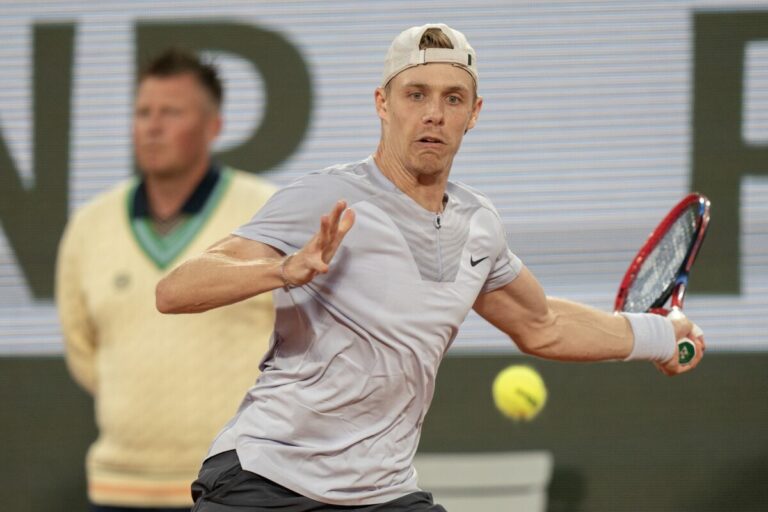Roger Federer, Rafael Nadal, Novak Djokovic ‘humility’ highlighted in ‘Messi’ claim
The ‘Big Three’ dominated for the best part of two decades, combining to win 66 Grand Slam singles titles and spend close to 1,000 weeks atop the ATP Rankings. Twenty-time Grand Slam winner Federer called time on his career two years ago, while Nadal will retire after representing Spain at the Davis Cup Finals next…
The ‘Big Three’ dominated for the best part of two decades, combining to win 66 Grand Slam singles titles and spend close to 1,000 weeks atop the ATP Rankings.
Twenty-time Grand Slam winner Federer called time on his career two years ago, while Nadal will retire after representing Spain at the Davis Cup Finals next month – meaning Djokovic will be the last one standing.A past opponent for all three men is former world No 3 and French Open runner-up Coria, who is currently Argentina’s Davis Cup captain.
Speaking to Marca, the Argentine claimed that the key to their success was that they were able to “adapt to the times”, and continually revolutionise the way they played the sport.“Until Alcaraz, Sinner and Medvedev appeared, they shared many titles,” said Coria.
“Then it became more difficult because of the age, power and speed of the youngsters. Today’s tennis players are taller and they move like I could at 1.75 metres.
“I think Rafa took advantage of the fact that there weren’t so many clay court specialists and he became strong there. That gave him confidence to play well on other surfaces.“You have to give credit to the doctors, the physiotherapists, and the diet. Rafa, Roger and ‘Nole’ have been able to adapt to the times. Before, they used to lift a lot of weights, then they didn’t: before you ate one way, now another.
“Carlitos Alcaraz, for example, says that he doesn’t need to be on the court for so many hours and Ferrero and our generation needed to train for many hours to feel good.“Federer, Nadal and Djokovic had the humility to adapt to changes in racket, strings, training sessions – that’s why they have been three phenomena that are difficult to match and difficult for them to come back.
“This is what speaks of Messi, that a champion is never satisfied, that he always wants more.”
Coria’s most memorable meeting against a member of the ‘Big Three’ was undoubtedly his 2005 Italian Open final against Nadal in Rome.
The Argentine pushed the future ‘King of Clay’ to the brink on that occasion, with Nadal battling to an epic 6-4, 3-6, 6-3, 4-6, 7-6(6) victory to win his first title at the tournament.
Reflecting on that match, Coria admitted it was one of the best matches of his career – despite defeat.
He added: “Without a doubt, at that moment I didn’t see it that clearly because obviously you want to win.
“I had just had shoulder surgery the year before and that day I couldn’t lift my arm. Rafa showed me every inch of the centre court in Rome, he also ran.
“I didn’t win that final in Rome but the best player won and ended up proving it in the following years. He deserved to win that battle because he was better at that moment and marked his path. #
“He began to write his story in Monte Carlo a few weeks before and continued in Rome and didn’t stop winning.
“I’m grateful because he brought out things in me that I couldn’t have imagined, like the shots I threw in that match.”
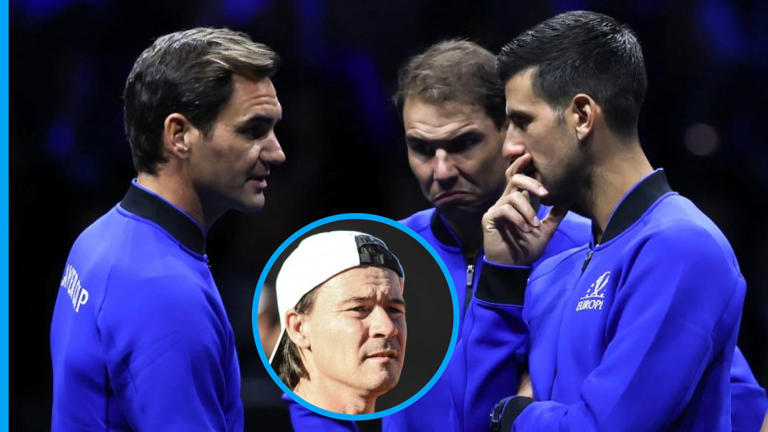
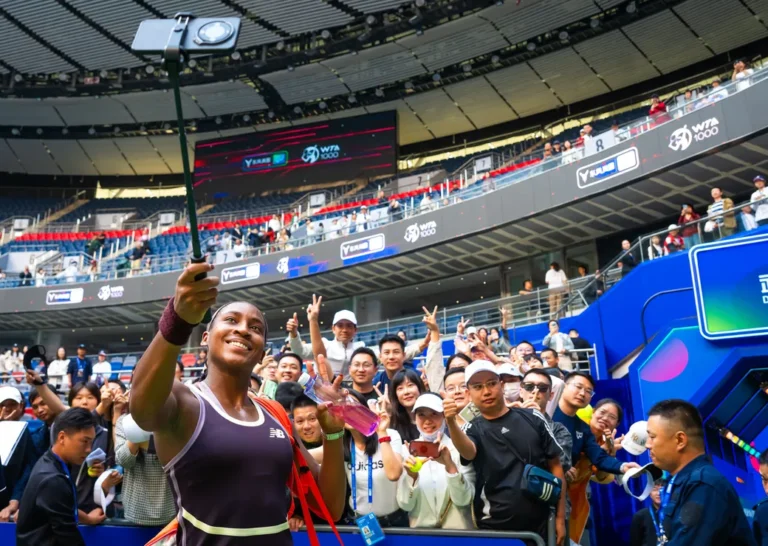

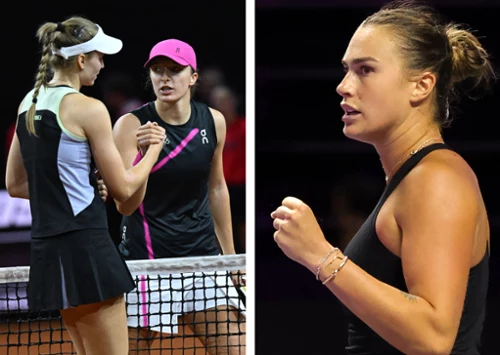
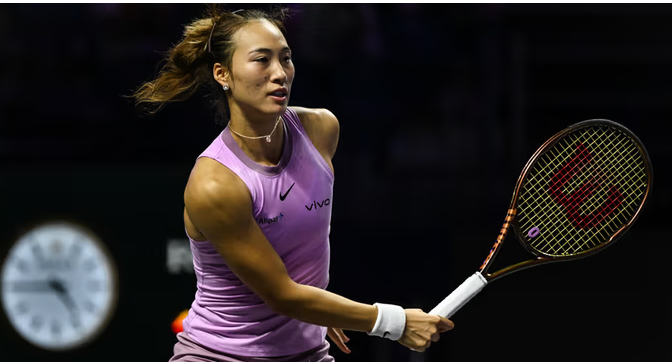
![Muszą grać o wszystko. Ważny mecz w ATP Finals [WYNIK NA ŻYWO]](https://news-break.co.uk/wp-content/uploads/2024/11/Screenshot_2024_1112_120447.png)
